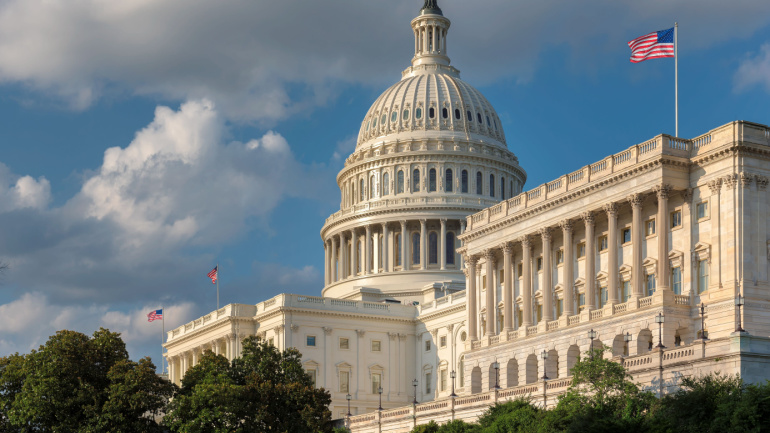President Joe Biden and Vice President Kamala Harris have unveiled the allocation of the $42.5 billion Broadband Equity, Access and Deployment (BEAD) funds among U.S. states and territories. The announcement took place at the White House on June 26 and was accompanied by remarks from Secretary of Commerce Gina Raimondo, who highlighted the Biden-Harris administration’s commitment to investing in America – especially in providing universal access to quality, affordable high-speed internet service.
In a statement, White House Infrastructure Coordinator Mitch Landrieu compared the administration’s ambitious goal to provide high-speed internet to all Americans to President Franklin Roosevelt’s 1936 Rural Electrification Act. As part of the larger Infrastructure Investment and Jobs Act (IIJA), the BEAD program aims to bridge the digital divide in the U.S.
The Federal Communications Commission’s (FCC) national broadband availability maps determined the allocation of funds to individual states. The maps revealed that about 7% of the country, or 8.5 million locations in the U.S. and its territories, lack access to high-speed internet. Each state will have six months from June 30 to submit initial proposals on how to spend its share of the funds.
Collaborating with county and local governments, state authorities will develop spending plans and correct any additional errors in data. After gaining approval from the National Telecommunications and Information Administration (NTIA), states can then access 20% of their allocated funds, with the remaining 80% available after submitting final plans in spring 2025.
In terms of allocation amounts, Texas won the largest share with $3.31 billion, followed by California ($1.86 billion), Missouri ($1.74 billion), Michigan ($1.56 billion), and North Carolina ($1.53 billion). Every state, along with Washington D.C. and Puerto Rico, will receive at least $100 million.
The BEAD program is also expected to create new jobs, as the Build America, Buy America Act under IIJA requires construction materials to be American-made. However, concerns have been voiced over the potential delay in broadband deployment efforts due to these provisions. Paul Atkinson, CEO of Optical Network Business at STL, opined that although the intentions behind the act are commendable, limitations on equipment production and supply could hinder the rollout of American broadband networks, particularly fiber optic networks.







